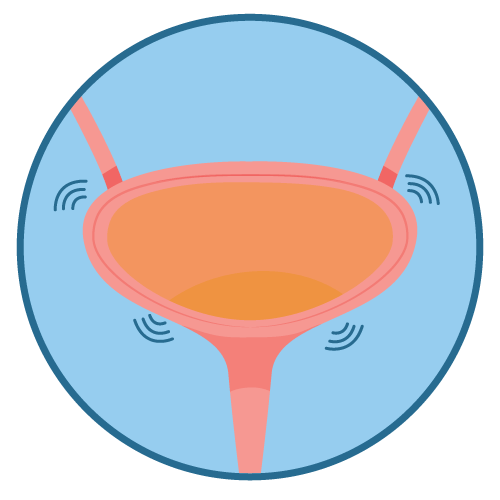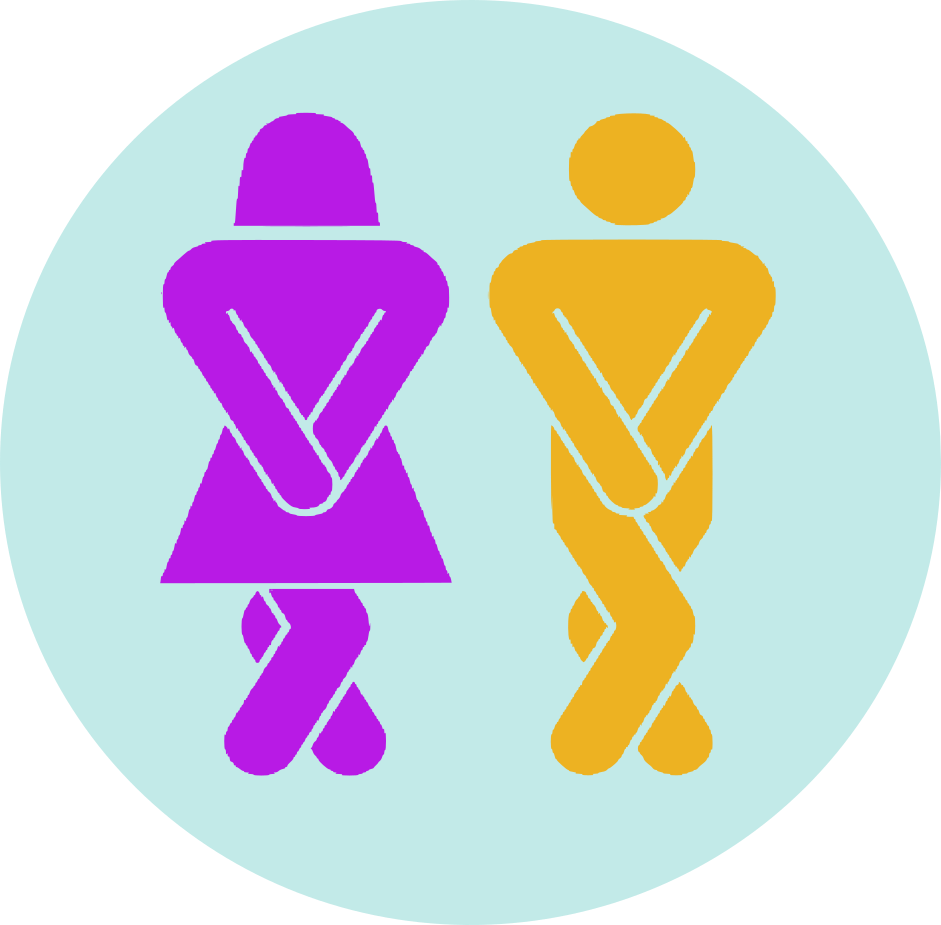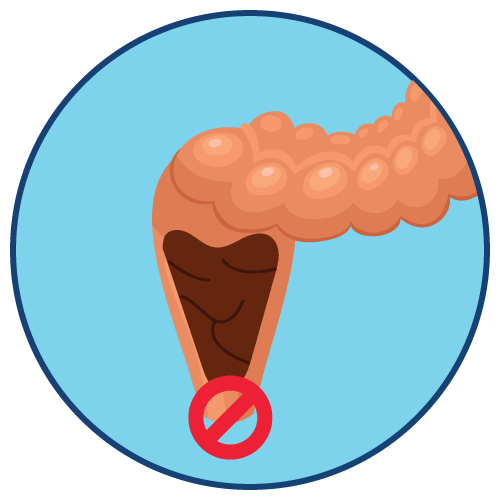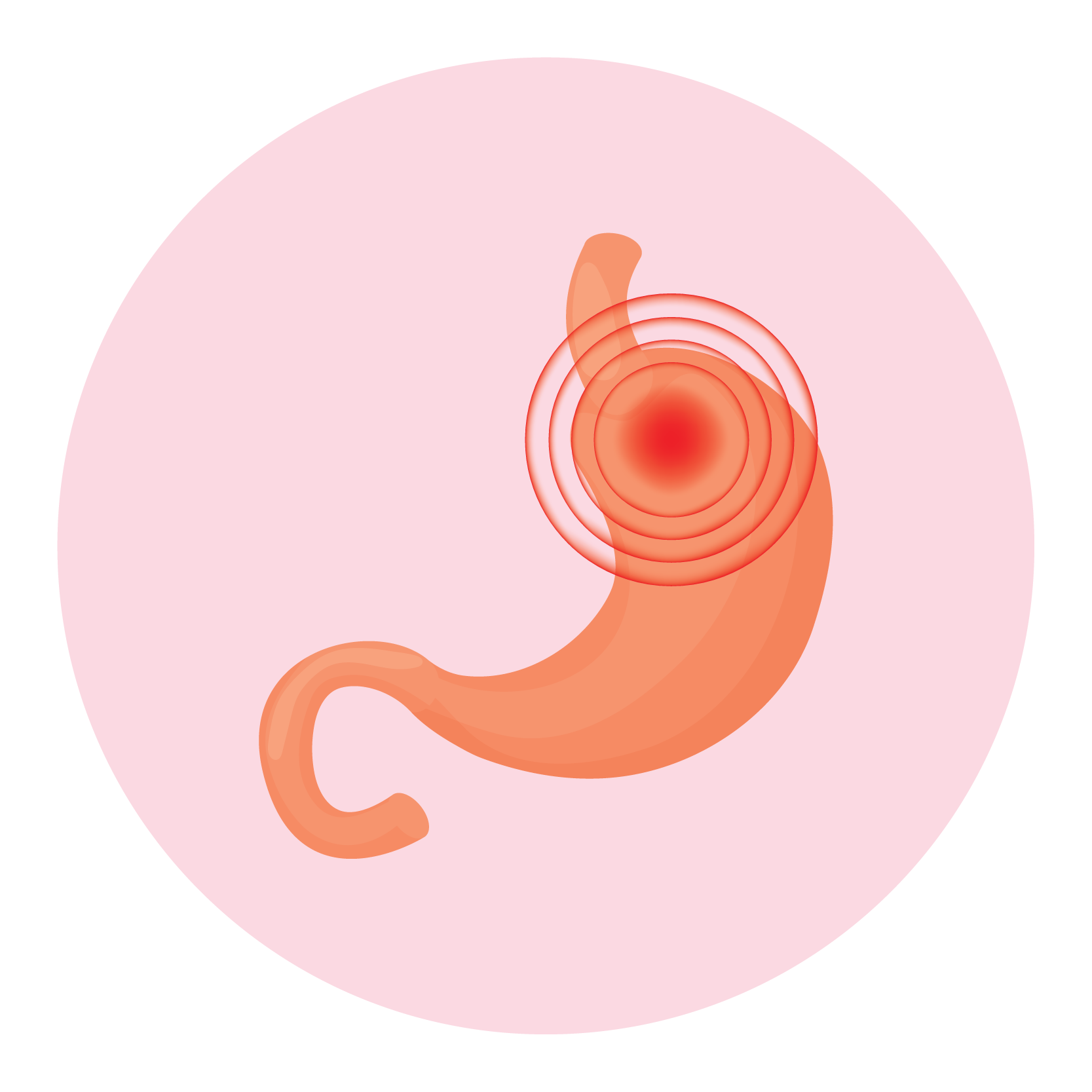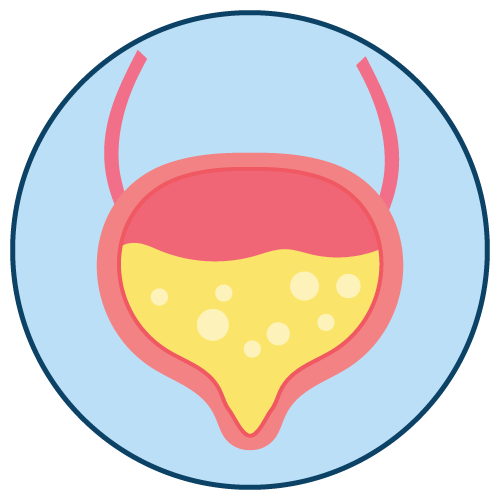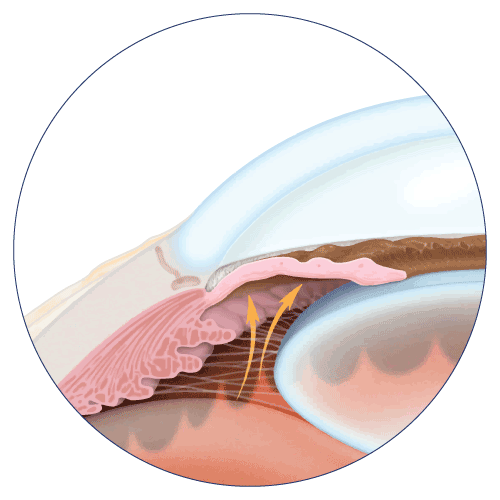| Name | Tolterodine Tartrate |
| Classes |
Antispasmodic Urinary Antispasmodic |
| Diseases |
Genito-Urinary Disease Leakage of Urine Urgent Urination |
Tolterodine Tartrate
Tolterodine tartrate belongs to the class of antimuscarinic agents. Tolterodine is a competitive antagonist of muscarinic receptors, particularly the M2 and M3 subtypes, found in the bladder. By blocking these receptors, it reduces bladder smooth muscle contractions, thereby decreasing the urgency and frequency of urination.
Tolterodine tartrate is indicated for the treatment of Overactive bladder with symptoms of urinary frequency, urgency, and urge incontinence.
- The recommended dose of tolterodine tartrate is determined by the healthcare professional based on the individual patient's condition.
- The usual starting dose is 2 mg twice daily (4 mg total daily dose). Depending on the response and tolerability, the dose may be adjusted to 1 mg or 2 mg twice daily.
- The tablets should be swallowed whole with water and can be taken with or without food.
- The use of extended-release capsules may be preferred in some patients to achieve once-daily dosing.
The following side effects may occur with the use of tolterodine tartrate-
- Dry mouth
- Constipation
- Dyspepsia (indigestion)
- Abdominal pain
- Blurred vision
- Dry eyes
- Headache
- Somnolence (drowsiness)
- Urinary retention
- Dry skin
- Tolterodine tartrate should be used with caution in patients with a known hypersensitivity to the drug or its components.
- It is important to evaluate patients for potential urinary retention or other conditions that may hinder bladder emptying before initiating treatment with tolterodine tartrate.
- Patients with gastrointestinal obstructive disorders or severely decreased gastrointestinal motility should be monitored closely while taking tolterodine, as it may exacerbate these conditions.
- Antimuscarinic agents such as tolterodine may cause blurred vision, drowsiness, or dizziness. Patients should be cautioned about activities requiring mental alertness until they know how the medication affects them.
- Patients with renal or hepatic impairment should be closely monitored, and dosage adjustments may be necessary in these populations.
- Tolterodine tartrate may interact with other medications, including antimuscarinic agents, certain antibiotics, and drugs metabolized by cytochrome P450 enzymes. Healthcare professionals should consider potential drug interactions and adjust dosages as necessary.
- The safety and efficacy of tolterodine tartrate in pediatric patients have not been established.
Contraindication
- The use of tolterodine tartrate is also contraindicated in patients with known hypersensitivity to the drug or its components.
Tolterodine tartrate is contraindicated in patients with urinary retention, gastric retention, or uncontrolled narrow-angle glaucoma.
 Bangla
Bangla English
English